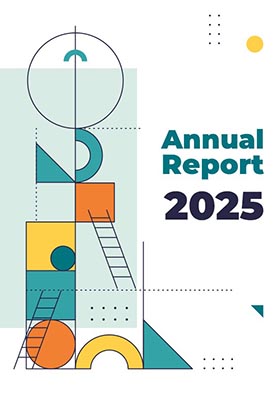1. ROLE
1.1. To maintain ethical standards in the University scientific investigations involving individuals, to protect them from harm, to preserve their rights and to provide reassurance to the Senior Management Team and the public that this is being done, ensuring that all such investigations conform to ethical principles including those described in Declaration of Helsinki[1].
1.2. To review all proposals for planned investigations involving individuals to ensure that: the proposed study is scientifically valid and justifiable in terms of its possible benefits compared with any risk of inconvenience or harm; adequate steps have been taken so that physical or psychological harm does not occur; the confidentiality of all personal and medical information is ensured and privacy maintained; consent is truly valid (informed) and given without any form of duress; adequate arrangements are available to compensate subjects whose health might be damaged by such an investigation.
1.3. To take note of guidelines for the proper conduct of ethical committees by the relevant Palestinian References and Laws consistent with the highest current practice elsewhere.
1.4. To report annually to the University President on its work in general and any specific issues it wishes to draw to the president and university council.
2. Purpose
The Committee roles and responsibilities are to:
-
Protect the dignity, rights, safety and well being of those individuals who are subject of HSE's field, laboratory and epidemiological research.
-
Ensure that has the independent scrutiny it needs to deliver ethical research in accordance with Government guidelines when exist
-
Involve itself solely with human volunteer and intramural research and is not a replacement for government Research Committees where that might be appropriate, with the following exceptions - when and where the research: Organization does not have access to a local ethics committee Topics falls outside of the technical experience of a local committee (eg hygiene based research)
3. Ethical Standards
There are a number of ethical standards that have been accepted throughout the UK and abroad which all researchers and ethical committees are expected to comply with.
3.1. Informed consent
All participants must be fully informed of the study and what is being asked of them, including the potential risks/benefits and exclusion criteria, in order to make a fully informed decision about whether or not to participate in the research. This must be an active step on behalf of the participant and not due to any inducement, coercion or perceived pressure to participate. This is required of all participants in a research study, except where there is a justification for covert research or deception (such cases will be considered on an individual basis by the ethics committee).
3.2. Benefit not harm
Research involving human participants must have a benefit to society and the risks involved to participants must be balanced against the potential benefit to the overall community.
3.3. Confidentiality
All participants have the right for their participation to remain confidential in that only the researcher will be aware who has participated. Generally all data will also be anonymous in the final report so that nothing can be attributed back to an individual participant. There are exceptions, for instance where participants wish to be identified or they cannot realistically have their identities kept confidential, but written informed consent must be obtained from the individual participant in advance.


